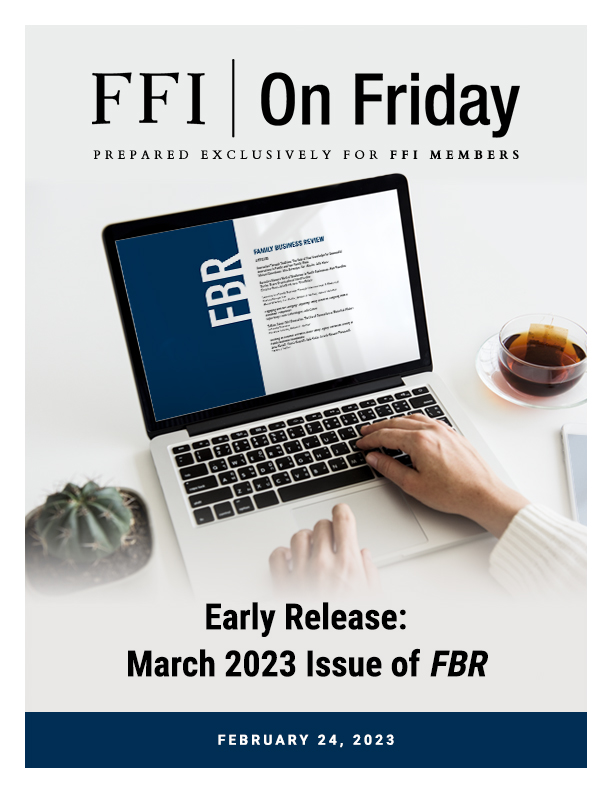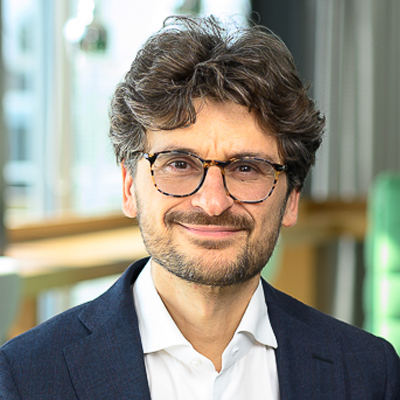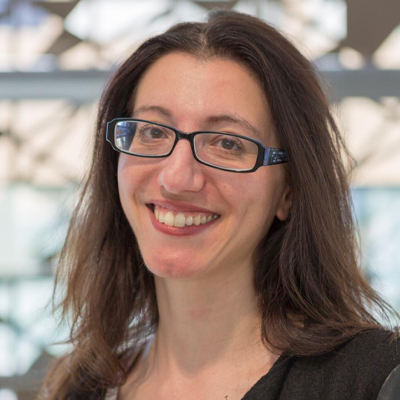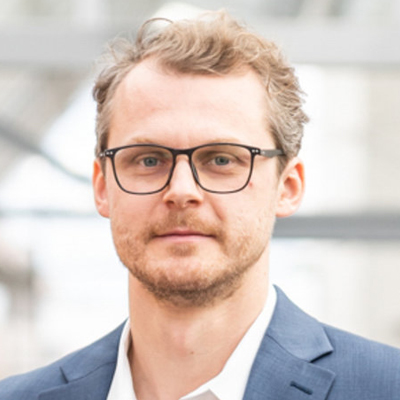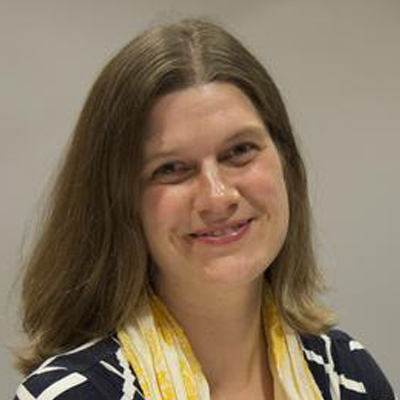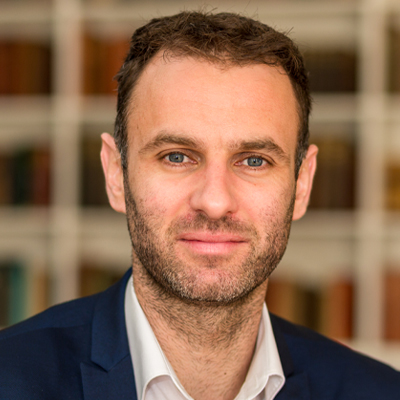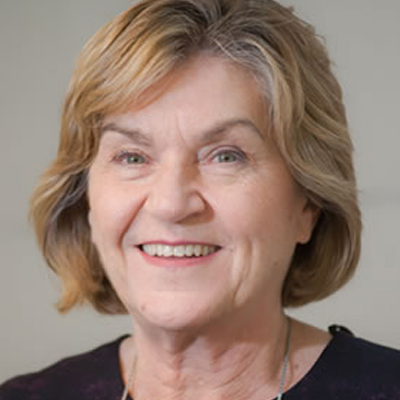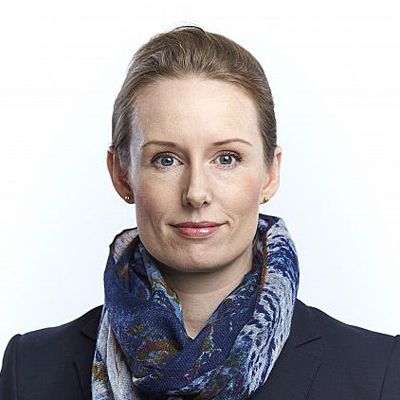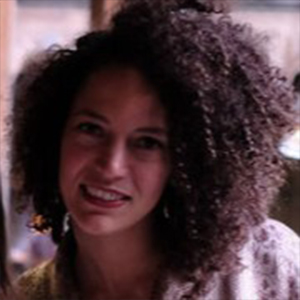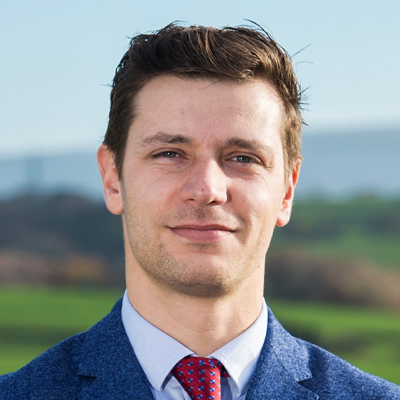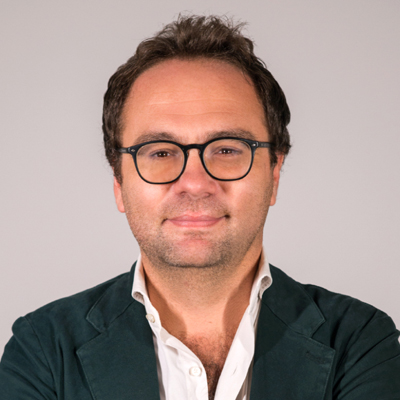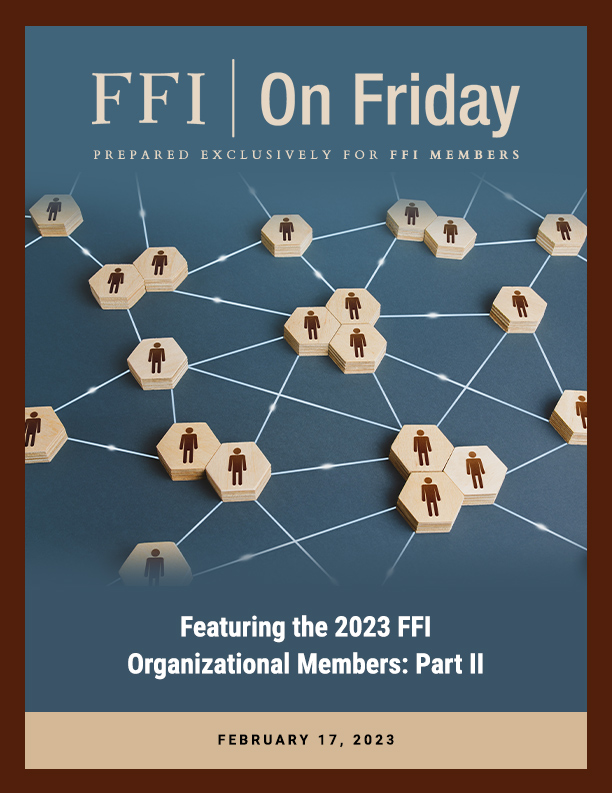
e are pleased to provide you with an advance look at the March 2023 issue of Family Business Review (FBR).
As an FFI member, you have access to the complete library of FBR articles at no charge.
To access back issues of FBR, follow these instructions:
- Log in to your FFI member account
- Then click: my.ffi.org/page/family-business-review
- Click the link on this page to go to Family Business Review and you will automatically be redirected and logged in to FBR to begin reading.
A refereed journal published by SAGE, FBR has an Impact Factor of 7.575 and a ranking of 40 out of 154 journals in Business. Source: Journal Citation Reports® (Clarivate, 2022).
University of Victoria
University of Toronto
University of Ottawa
Lancaster University
Free University of Bozen-Bolzano
University of Ottawa
- Do family firms use more mature knowledge components in their innovation process than non-family firms?
- Can family firms draw more innovation value from mature knowledge components than non-family firms?
Johannes Kepler University Linz
University of Innsbruck
University of Innsbruck
University of Innsbruck
Johannes Kepler University Linz
University of Innsbruck
University of Innsbruck
University of Innsbruck
About the Authors
Nina Schweiger is a PhD student working in the Department of Strategic Management at the University of Innsbruck, Austria. In her research, she focuses on innovation management and the strategic behavior of family firms.
Kurt Matzler is professor of strategic management at the University of Innsbruck, Austria. He is academic director of the Executive MBA program at MCI in Innsbruck. Kurt has published numerous academic papers and several books, among others he is co-author of the German edition of The Innovator’s Dilemma (2011) and Open Strategy (MIT Press, 2021). With more than 28,000 citations in Google Scholar, Kurt belongs to the top 50 strategy researchers in the world.
Julia Hautz is professor of strategic management at the University of Innsbruck. In her research, Julia focuses on strategy and innovation. In particular, she explores corporate diversification and innovation strategies and openness of strategy processes in the context of new digital technologies. Her research has been published in leading academic journals including Strategic Management Journal, Journal of Product Innovation Management, Global Strategy Journal, International Journal of Management Reviews, Long Range Planning, and Harvard Business Review.
- How do lived experiences with the founder and founding family transmit across generations through stories that make up the collective memory of the family firm?
- How are these founding stories sustained across multiple generations of employees in a family firm?
- How do these stories impact belongingness to the family firm?
Bielefeld University
Bielefeld University
University of St. Andrews
About the Authors
Julia Brinkmann received her PhD from the Faculty of Economics and Management at Bielefeld University, Germany where she is an adjunct member of the Family Business Institute. She is interested in exploring family businesses with a special focus on non-family employees. In her research she focuses on identity, succession, and the strategic behavior of family firms.
Alina Baluch is a senior lecturer in management at the School of Management, University of St Andrews, UK. Her work focuses on employment relations in the nonprofit sector and uses qualitative research approaches to explore the experience of work in a variety of settings such as front-line care work, nonprofit-business partnerships, philanthropic organizations, and more recently family-owned businesses. Her research also focuses on theorizing in qualitative research methods.
- How do families learn from outside rather than within the focal family, and based on these learnings, how do they re-adjust their future?
- How are family business practices transformed through the intermarriage of two business families?
- How does intermarriage facilitate learning among the combined family businesses?
Dublin City University
Dublin City University
Babson College
Babson College
Lancaster University Management School
About the Authors
Eric Clinton is an associate professor at DCU Business School (Ireland) and a visiting professor at Babson College (USA). His research interests are primarily concerned with strategic entrepreneurial practices in family firms. Eric’s work on family firms is regularly published in leading scholarly journals including Entrepreneurship Theory & Practice, Journal of Management Studies, and Strategic Entrepreneurship Journal. In 2022, Eric was awarded the Family-Owned Business Institute (FOBI) scholar-in-residence fellowship.
William B. Gartner is the Bertarelli Foundation Distinguished Professor of Family Entrepreneurship at Babson College and a visiting professor of entrepreneurship at Linnaeus University in Sweden. His family entrepreneurship scholarship focuses on the effect of business family legacies on subsequent entrepreneurial activities and the influence of parenting roles and styles on entrepreneurial choice and persistence.
Eleanor Hamilton is professor of entrepreneurship in the Department of Entrepreneurship and Strategy at Lancaster University Management School. She served as director of the Institute for Entrepreneurship and Enterprise Development (2002-2008), Director of Regional Affairs (2008-2016), Associate Dean for Undergraduate Studies (2009-2012) and Associate Dean for Enterprise, Engagement and Impact (2012-2015). Her research interests are entrepreneurship and small business. Her work specifically focuses on family businesses and examines aspects of gender, narrative, and learning.
- How can a business-history perspective improve our understanding of family business longevity?
- How can family businesses achieve longevity by interacting with their environment?
- How does a family business exercise agency to shape the market category they are a member of?
- How can a small family business develop over generations without giving up on their core values?
Jönköping International Business School
Jönköping International Business School
Stockholm University
About the Authors
Leona Achtenhagen is a professor in business administration focused on entrepreneurship and business development at Jönköping International Business School (JIBS). She is the Director of the Media, Management and Transformation Center (MMTC) and a member of the Centre for Family Entrepreneurship and Ownership (CeFEO) at JIBS. Her research interests include family business development as well as entrepreneurship in different types of contexts.
Julia Grimm is an assistant professor at Stockholm University, as well as a research affiliate at Jönköping International Business School and the Centre for Family Entrepreneurship and Ownership. Julia’s research centers around questions of private governance and collective action among different stakeholder groups in the context of global supply chains, with a focus on framing and paradox theory, as well as organizational categories. Julia is a qualitative researcher and works primarily with longitudinal process data.
- How does a history-informed approach help explore the multiple uses of the term “generation” in family business?
- How do actors in family business strategically use “generation” to convey and legitimize their vision for the future?
- How do actors in family firms rhetorically structure the past by using “generation” and express their role in both the family and society?
Copenhagen Business School
Babson College
About the Authors
William B. Gartner is the Bertarelli Foundation Distinguished Professor of Family Entrepreneurship at Babson College and a visiting professor of entrepreneurship at Linnaeus University in Sweden. His family entrepreneurship scholarship focuses on business family legacies on subsequent entrepreneurial activities and the influence of parenting styles on entrepreneurial choice and persistence.
- How do family firms transfer their inherited core values to external stakeholders?
- What is the role of family business foundations in nurturing the resonance of the family legacy beyond the boundaries of the family business?
Politecnico di Milano
Free University of Bozen-Bolzano
Politecnico di Milano
Politecnico di Bari
Politecnico di Milano
About the Authors
Vittoria Magrelli is an assistant professor at the Free University of Bozen-Bolzano (Faculty of Economics and Management), working at the Centre for Family Business Management. Her research interests currently focus on the interrelations among organizational temporality, aesthetics and legacy in the context of family-owned firms, family-owned foundations, and consulting firms. She received her PhD from Lancaster University.
Josip Kotlar is associate professor of strategy, innovation and family business at the School of Management of Politecnico di Milano (Italy). His research focuses on understanding how family owners shape the strategic goals, governance and resources of the firm to support the creation of sustainable competitive advantages across generations. He is currently an associate editor of Family Business Review and the president of the International Family Enterprise Research Academy (IFERA).
Antonio Messeni Petruzzelli is full professor of innovation management at the Politecnico di Bari. He is the author of more than 130 international publications and three international books on the topic of innovation management and technology strategy. Finally, his studies have been awarded the Nokia Siemens Network Award in Technology Management for Innovation into the Future and he has been recently included in the Clarivate list of highly cited researchers.
Federico Frattini is full professor of strategy and innovation at Politecnico di Milano and dean of POLIMI Graduate School of Management. His research area is strategic management of innovation and technology management and on these topics, he has written extensively and published in journals such as Strategic Management Journal, Academy of Management Perspectives, Entrepreneurship Theory & Practice, and Journal of Product Innovation Management.
Virtual Study Group
27
Learn more & apply
2
Register Now
31
Register Now
01
View Details
Deadline for Best Unpublished Research Paper Submissions
View Details
01
View Details
